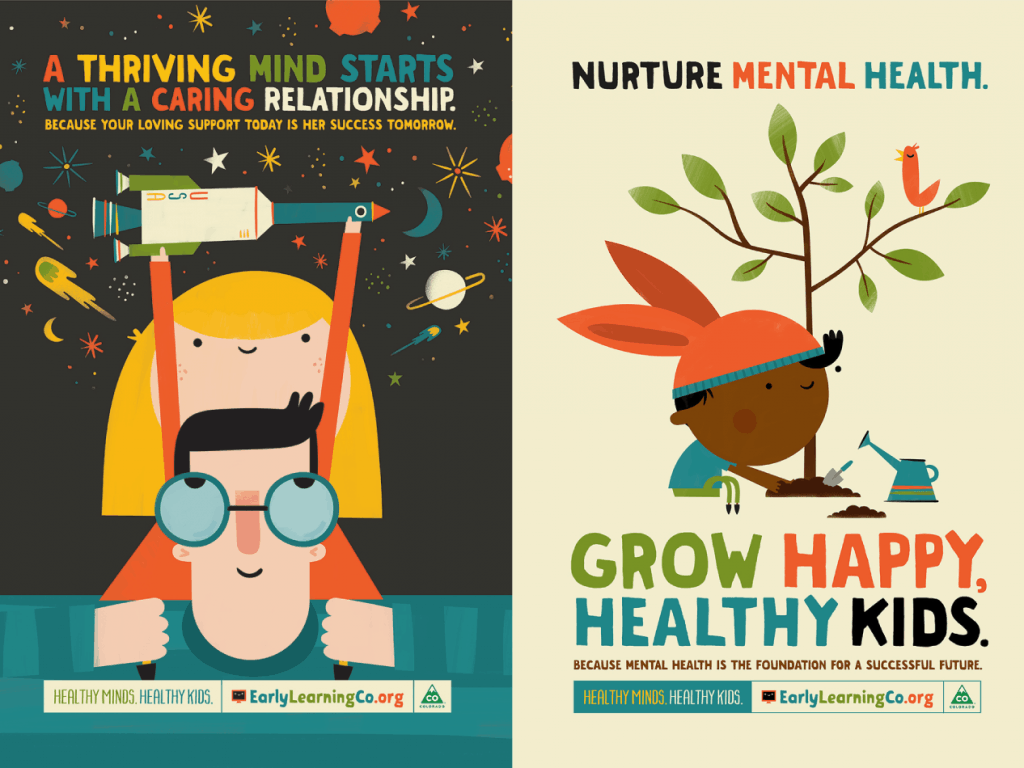In the ever-evolving landscape of work, just one thing is guaranteed: change.
With automation, artificial intelligence, and digital transformation reshaping industries, the demand for a skilled and adaptable workforce has never been higher.
As we navigate this shifting terrain, reskilling, upskilling, and next-skilling emerge as crucial pillars in supporting workers to stay competitive, fostering diverse workplaces, and spurring economic development.
So we don’t further marginalize low-wage workers — who have the most to lose as workforce needs evolve — businesses, government agencies, and nonprofits must invest in these opportunities.
A Seismic Shift
The Fourth Industrial Revolution is upon us, marked by technological advancements radically transforming how we work.
According to the World Economic Forum, by 2025, 85 million jobs may be displaced by automation, while 97 million new roles may emerge, underscoring the urgent need for a workforce that can adapt and thrive in this dynamic environment.
It’s safe to assume none of us is immune.
Reskilling, Upskilling, Next-Skilling: What’s the Difference?
Staying competitive and adaptable goes beyond traditional education. There are three key strategies that individuals and organizations can employ to navigate the shifting landscape of work effectively:
- Reskilling involves learning new skills to transition to a different role or industry. It’s about equipping workers with the abilities needed for jobs that are in demand.
- Upskilling focuses on enhancing existing skills to keep pace with technological advancements within one’s current role or industry.
- Next-Skilling anticipates future skills requirements and prepares individuals for upcoming job roles, often leveraging emerging technologies and trends.
Robust reskilling, upskilling, and next-skilling initiatives hold tremendous promise in empowering diverse communities, addressing systemic inequities, and fostering inclusive economic growth. Historically marginalized groups, such as women, people of color, and individuals from lower-income backgrounds, frequently encounter formidable barriers when seeking access to education and employment opportunities. These barriers, ranging from financial constraints to discriminatory hiring practices, perpetuate cycles of inequality and hinder social mobility.
However, by implementing tailored training programs and support mechanisms, we can begin to dismantle these barriers and forge pathways for all individuals to excel in the workforce.
For example, targeted mentorship programs, like Next 100 Colorado, can provide invaluable guidance and support to women and people of color aspiring to enter traditionally white male-dominated fields, empowering them to break through glass ceilings and pursue fulfilling careers.
Additionally, initiatives that offer financial assistance, such as scholarships or subsidized training courses, can help alleviate the financial burdens that often deter individuals from underserved communities from pursuing further education and skill development.
Investing in reskilling, upskilling, and next-skilling initiatives is not just a matter of economic necessity; it is a moral imperative. We can build a more just, equitable, and prosperous society for all by prioritizing diversity, equity, and inclusion in our workforce development efforts. Through collective action and commitment to empowering marginalized communities, we can unlock the full potential of every individual and create a future where everyone can thrive.
An Economic Development Imperative
A skilled workforce also serves as the bedrock of economic growth, catalyzing innovation, productivity, and competitiveness in today’s rapidly evolving global economy. As industries undergo digital transformation and technological advancements reshape the nature of work, the demand for specialized skills continues to escalate.
When workers possess the expertise and proficiency required to excel in high-demand roles, they not only contribute to the success of their respective organizations but also drive broader economic development.
Investing in reskilling and upskilling programs has far-reaching implications for regional economic development.
Companies seeking to establish operations are drawn to regions with a talented and adaptable workforce capable of meeting evolving industry demands. By prioritizing investments in workforce development initiatives, governments and local authorities can position their communities as attractive destinations for businesses looking to set up shop. This, in turn, generates job opportunities, stimulates economic activity, and fosters a vibrant ecosystem of innovation and entrepreneurship.
But don’t just take my word for it. Review the research:
- Individual benefits. Individuals who continuously upskill and reskill are better equipped to adapt to evolving job requirements and technological advancements. Research by the World Economic Forum found that individuals who invest in lifelong learning and skills development are more resilient to job displacement and are less likely to experience periods of unemployment.
- Business benefits. A study by the Society for Human Resource Management found that companies with high employee turnover incur significant costs associated with recruitment, onboarding, and training new hires. By investing in upskilling and reskilling programs, businesses can reduce turnover rates and minimize these costs. The Center for American Progress estimates that the cost of replacing an employee can range from 16% to 213% of their annual salary, depending on the level of the position and the industry.
- Community benefits. National Employment Law Project research also shows that higher-wage jobs often have positive spillover effects on other sectors of the economy, creating multiplier effects that amplify economic growth and lead to job creation in industries such as retail and food services, as workers have more purchasing power to support local businesses.
Government and Private Sector Collaboration
Realizing the full potential of reskilling, upskilling, and next-skilling requires a concerted effort from both the public and private sectors. Governments play a vital role in setting policies, allocating funding, and creating frameworks that support lifelong learning and skills development.
Here in Colorado, the drivers of these changes are the Colorado Department of Labor and Employment’s Office of the Future of Work and the Colorado Workforce Development Council. This includes investing in education systems, incentivizing businesses to provide training opportunities, and fostering partnerships with industry stakeholders.
At the same time, private businesses must take proactive steps to prioritize employee development and invest in the future workforce. At SE2, we do this providing financial support to team members who seek to grow their skills, talents, and expertise.
As an alumnus, I am an energetic proponent of community colleges. Programs like Workforce Resilience Program, Career Advance, and Care Forward Colorado from the Colorado Community College System are making reskilling, upskilling and next-skilling more accessible to workers.
Finally, nonprofit organizations are leading the change. This includes a personal favorite, ActivateWork, which helps employers solve talent gaps by finding promising candidates who aspire to work in tech and preparing them to excel in new careers. It also includes former SE2 clients The Center for Workforce Education and Employment, Mi Casa Resource Center and Worklife Partnership.
A Call to Action for All of Us
As we stand on the cusp of a new era of work, reskilling, upskilling, and next-skilling represent powerful tools for navigating the challenges and seizing the opportunities that lie ahead.
By embracing lifelong learning, fostering diversity, and investing in our workforce, we can build a future where every one has the opportunity to thrive, and our economies are more resilient and inclusive than ever before.
It’s time to harness the transformative potential of skills development and pave the way for a brighter tomorrow.

About the Author:
Brandon Zelasko (he/him), a Principal at SE2, is a dynamic force passionate about innovation, education, and community engagement. Beyond his professional role, Brandon embraces diverse interests, from painting to exploring the outdoors with his husband and rescue dog, Burger. Dubbed “Brandopedia” for his insatiable curiosity and wealth of knowledge, Brandon champions education equity, advocating for alternative pathways beyond traditional college routes. At SE2, Brandon’s commitment to innovation and growth drives him to make a meaningful impact on people’s lives through creative problem-solving and community involvement.





